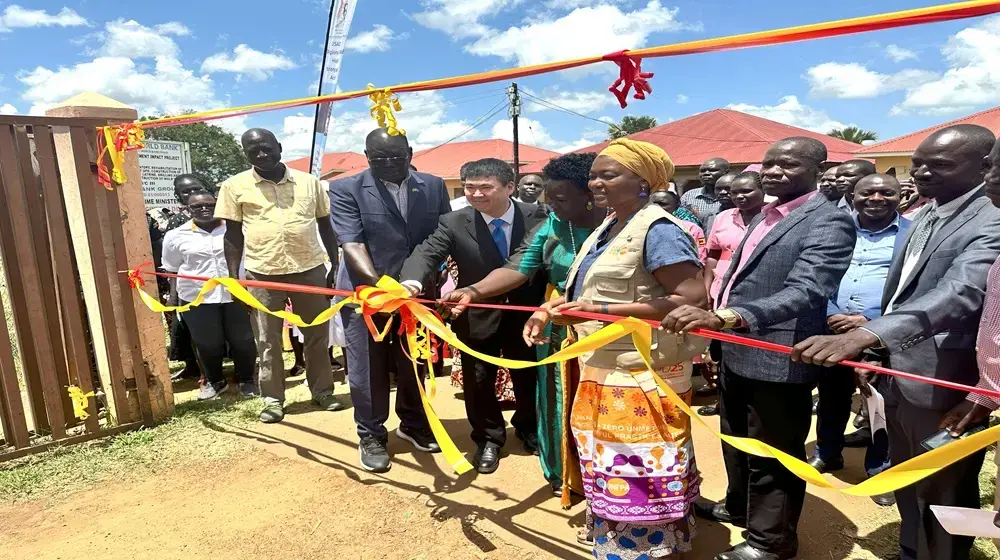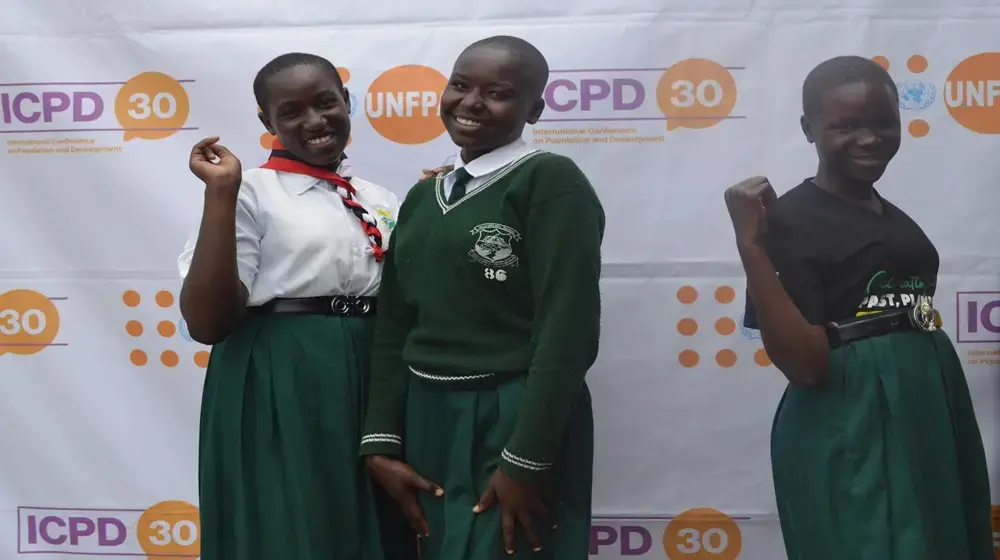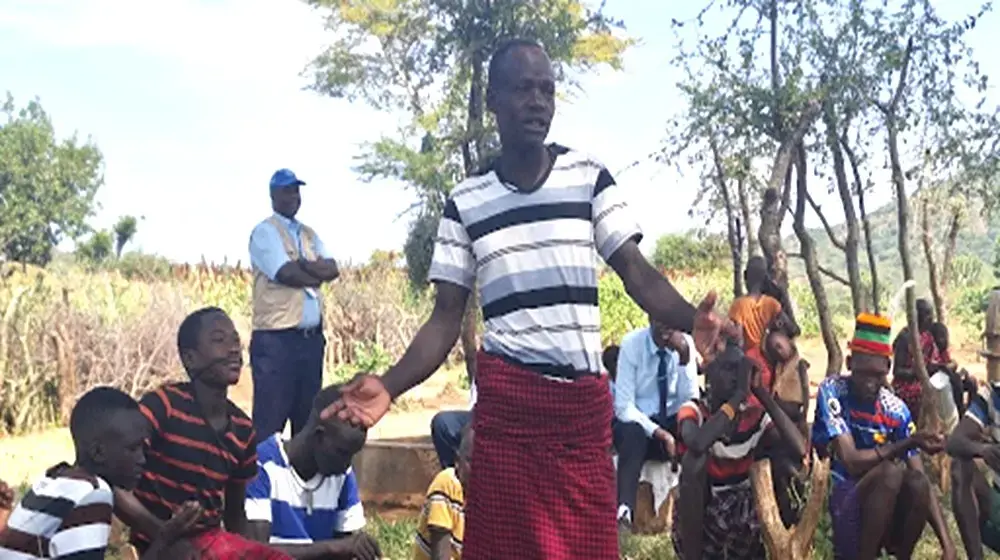RUKUNGIRI: The Minister of Health (General Duties) Hon. Sarah Opendi has asked the leadership of Rukungiri district to come up with by-laws to address child and forced marriages by making parents and community leaders accountable.
Officiating at the commemoration of the international day to end obstetric fistula in the southwestern district of Rukungiri on May 23, Opendi said underage marriages and teenage pregnancies are a contributing factor to acquiring obstetric fistula among young women and girls.
“Teenage pregnancy can lead to devastating health consequences for girls as adolescents are not yet physically ready for pregnancy or childbirth, and are therefore more vulnerable to complications like fistula,” the Minister said.
The theme of the day ‘Fistula is a human rights violation – end it now!’ called for realization of the fundamental human rights of all women and girls, with a special focus on those most left behind, excluded and shunned by society.
Fistula as a human rights issue
In her speech, Minister Opendi said adolescent pregnancy can take an enormous toll on a girl’s education and income-earning potential as many girls who become pregnant are pressured or forced to drop out of school and denied their right to an education. Girls not in school are more likely to become pregnant, she said.
“Fistula is a human rights violation. (For instance), why are men marrying under-age girls? When you do, you violate their rights because their education is cut short. For us to end fistula’s men should stop marrying underage girls,” the Minister said.
Citing the Constitution of Uganda, the minister reminded the gathering that any person below 18 years is a child and therefore, marrying under-age girls in the name of child marriage is an offense: “I come from a district (Tororo) where we put a by-law against child marriages. It is now an offence for any child to get married in any village. The Local Council chairperson (LCI) and the parents will be arrested and imprisoned for that,” she said.
The Minister also challenged women to ensure they get proper health care during pregnancy by delivering under skilled care as a way of preventing fistula.
“Obstructed labour is one of the causes for some fistulas so there is need for timely referrals in case you require a caesarian section.
“I expect every pregnant mother to go to a health facility for antenatal care. And I expect men to support the wives during that period.”
Hon. Opendi also encouraged all women of reproductive age to use family planning as a way of spacing their children and reducing chances of complications at childbirth.
Representing UNFPA, Programme Analyst (Maternal Health) Dr. Peter Mukasa, commended the Government of Uganda, particularly the Ministry of Health and other partners for the commitment and strategic direction about ending obstetric fistula within a generation.
“Ending fistula is a high priority for UNFPA and a key step on the road to achieving the Sustainable Development Goals,” he said.
Dr. Mukasa reiterated UNFPA’s commitment to end fistula by delivering an integrated package of rights for women, adolescents and young people and strengthen systems to address the underlying causes and social determinants including poverty, gender inequality, early marriage and childbearing, and lack of education.
“UNFPA’s strategic direction is to support the Government of Uganda to strengthen health systems and ensure; zero preventable maternal deaths, zero unmet need for Family planning and zero tolerance to gender based violence and harmful practices,” Dr Mukasa said.
Obstetric fistula is one of the most serious and tragic childbirth injuries. A hole between the birth canal and bladder and/or rectum, it is caused by prolonged, obstructed labour without access to timely, high-quality medical treatment. It leaves women leaking urine, faeces or both, and often leads to chronic medical problems, depression, social isolation and deepening poverty.
In Uganda it is estimated, 1,900 women get a fistula every year. In 2018, UNFPA supported more than 1,100 fistula repair surgeries, contributing to the total number of fistula repairs (1,829) conducted in 2018 in Uganda. However, there remains a backlog of nearly 75,000 cases with new occurrences.
-Story written by Evelyn Matsamura Kiapi




